What do dermatologists say about tattoos? Our clients ask us this all the time when they’re deciding to get inked. The short answer: dermatologists don’t hate tattoos, but they want you to know what’s going on under the skin and how to keep tattooed skin healthy long term.
As cosmetic tattoo artists here in Brisbane, we’ve seen both sides — the beauty of crisp, well-healed work and the frustration when skin reactions pop up. Dermatologists and tattoo artists have one priority: your skin health. So let’s get into the expert opinion, straight from medical doctors, combined with our in-studio experience.
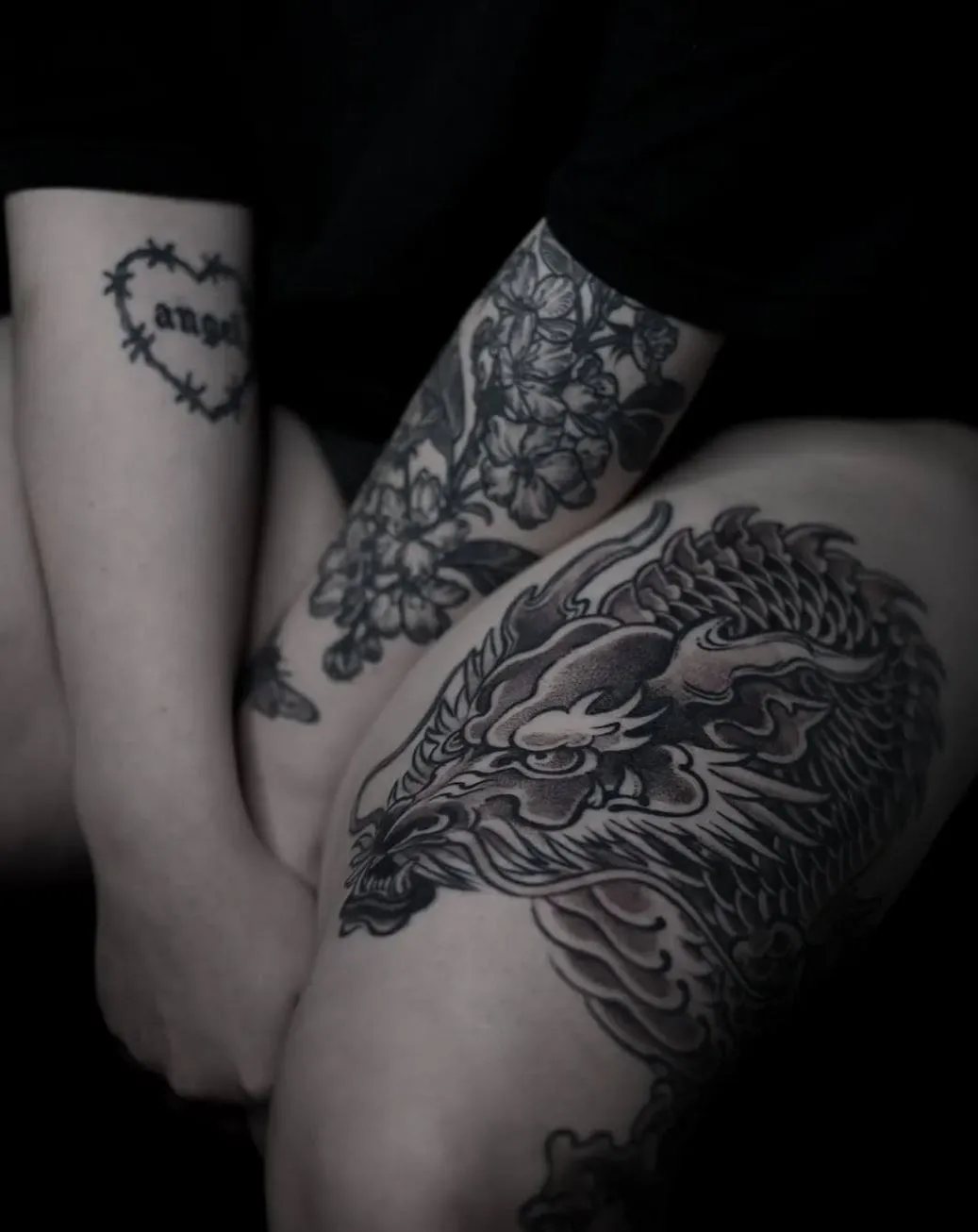
Table of Contents
How Dermatologists View Tattoos
Dermatologists view tattoos as a skin procedure, not just an artistic choice. To them, every tattoo involves breaking the skin barrier, implanting tattoo ink, and relying on the body’s healing process. That’s why their advice often overlaps with tattoo safety rules in any good tattooing studio.
A dermatologist will usually explain that the type of tattoo matters — cosmetic tattoos, decorative pieces or medical tattoos (such as nipple reconstruction) all carry slightly different risks. They’ll also highlight the role of tattoo artists in maintaining strict hygiene. If your tattoo studio doesn’t use a heat-sterilisation machine, disposable gloves and single-use tattoo kits, dermatologists will see red flags.
Dr. Emily Rowe, a Brisbane-based dermatologist, tells her patients: “Tattoos aren’t unsafe by default. They become unsafe when sanitary equipment isn’t used, when contaminated ink is applied or when aftercare is ignored.”
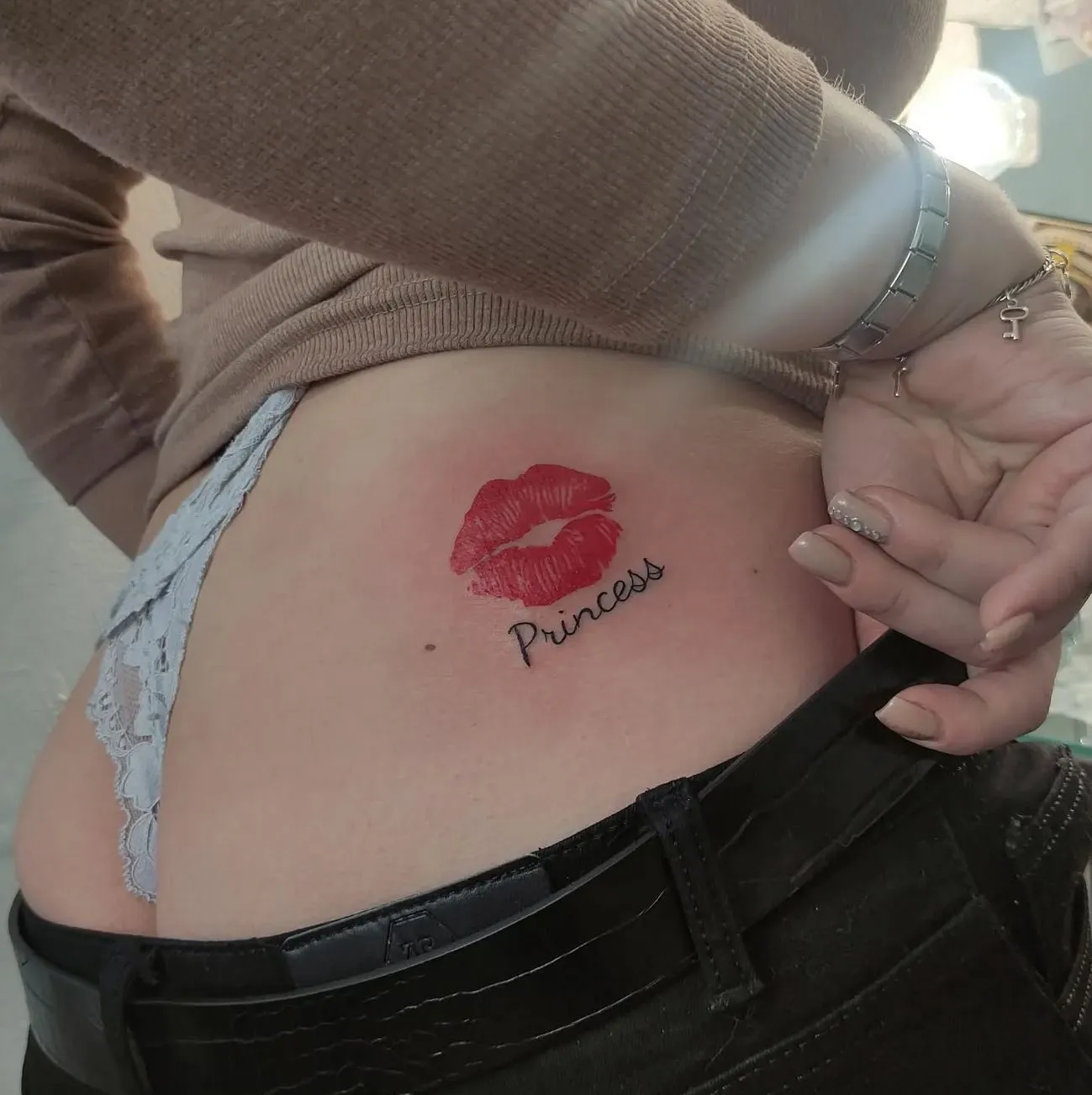
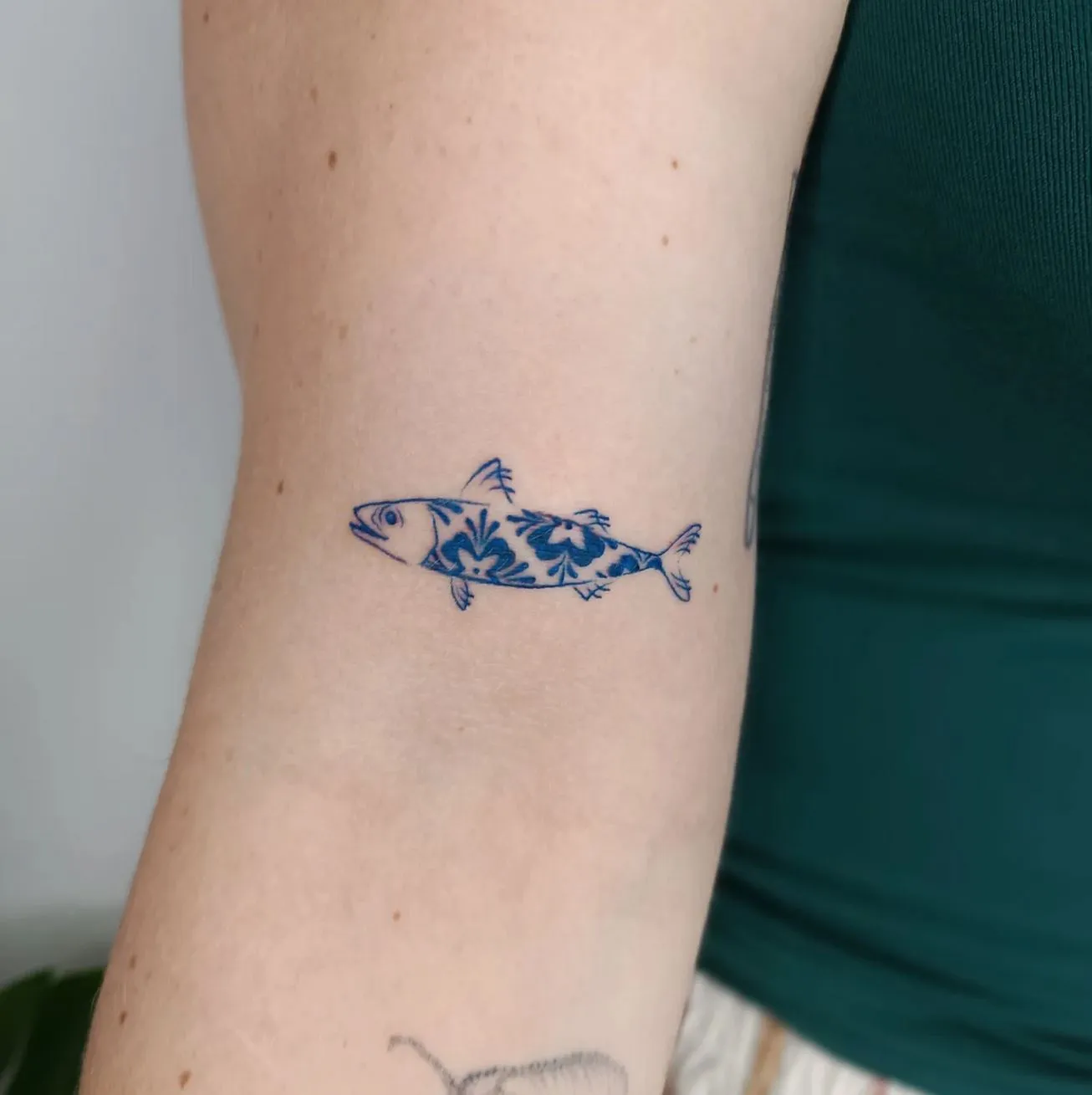
Most Common Skin Reactions To Tattoos
Even in the cleanest tattooing studio, some people will experience skin reactions. These can range from mild irritation to full-blown medical complications. Dermatologists treat:
- Allergic reactions – especially to red and yellow pigments, caused by metals or preservatives in tattoo ink.
- Skin infections – usually from bacteria entering broken skin if aftercare isn’t followed.
- MRSA (methicillin-resistant Staphylococcus aureus) – rare but dangerous infections linked to unsanitary equipment.
- Keloids – overgrowth of scar tissue, more common in darker skin types or people with a family history of keloids.
- Granulomas – small bumps where the immune system walls off pigment.
We had a client who came in with a raised, itchy reaction on her back 6 months after a tattoo. Her dermatologist said it was a pigment allergy. With medical review and options for tattoo removal, she went for laser.
Tattoo Ink And What Dermatologists Think
Tattoo ink is the heart of every design, but it’s also the most misunderstood. Dermatologists say ink isn’t regulated like prescription products. Cheaper inks may contain heavy metals, plastics or contaminants.
The Centres for Disease Control and Prevention (CDC) has even reported outbreaks linked to contaminated ink batches. That’s why choosing a reputable tattoo studio matters — professional tattoo artists will only use certified inks and follow tattooing rules for safety.
Dermatologists advise asking:
- What brand of ink is being used?
- Is it open fresh in front of you?
- Does the tattoo artist follow proper safety steps, like wearing disposable gloves and cleaning surfaces?
If a studio can’t answer confidently, walk away.
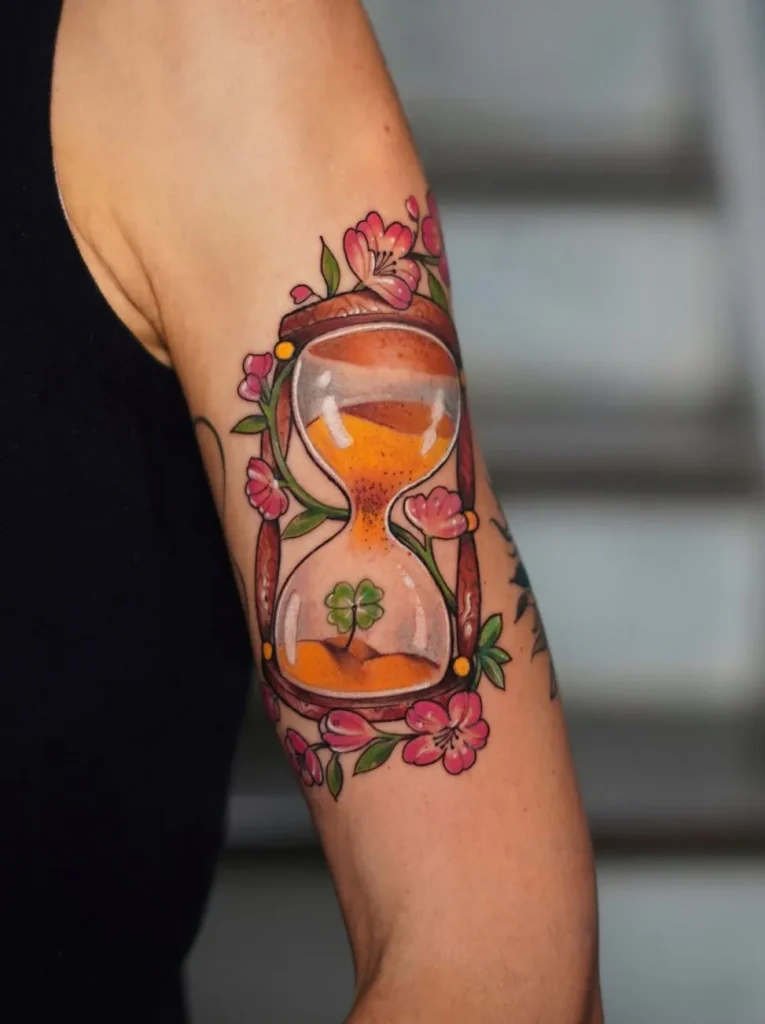
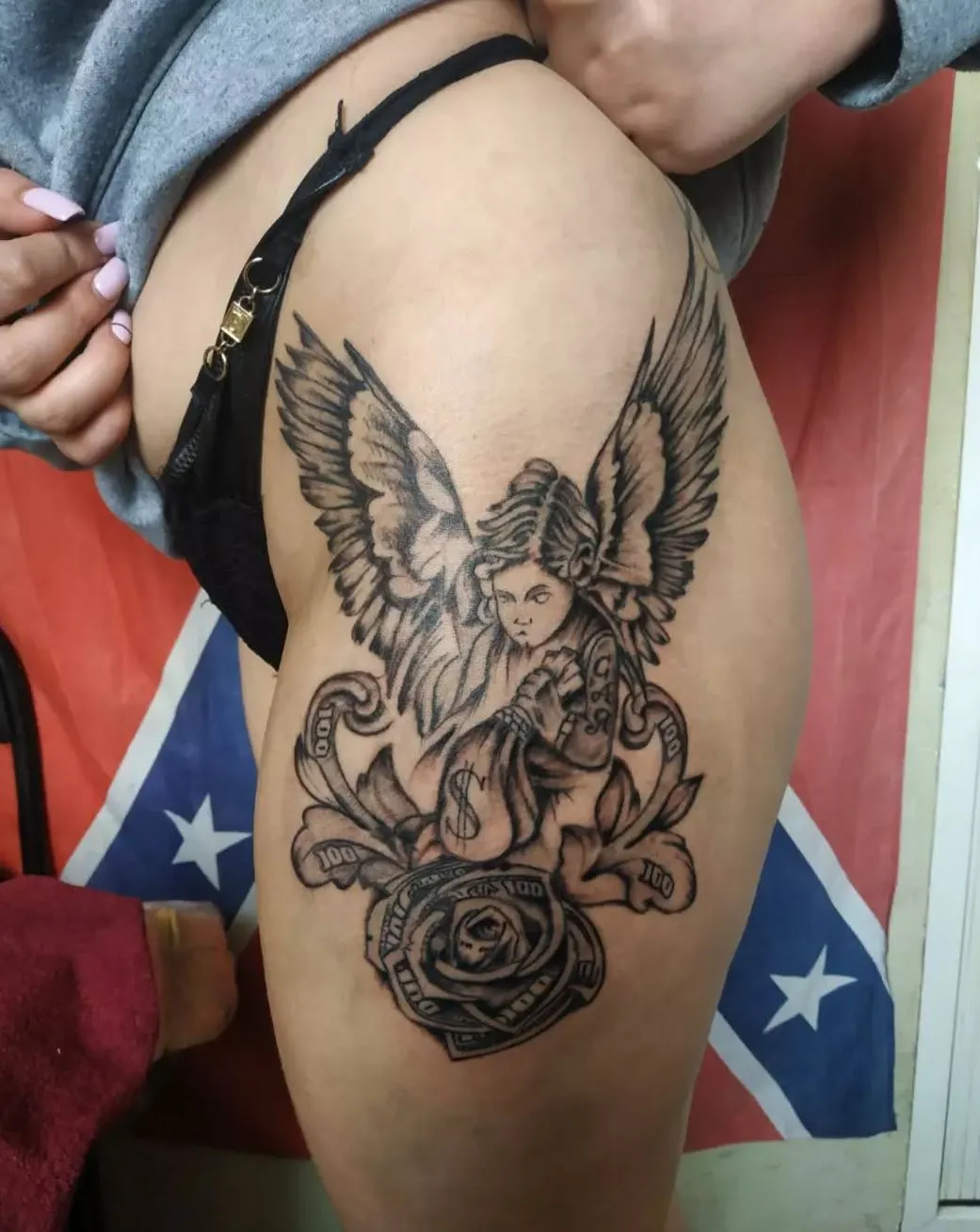
Expert Insights on Laser Tattoo Removal
When regret strikes, dermatologists are quick to say laser tattoo removal is the safest treatment option for most people. Q-switched or picosecond laser treatment shatters tattoo ink into tiny particles that the body clears out.
But dermatologists are honest about the process:
- You’ll likely need multiple sessions (8–12 is common).
- Certain pigments (green, yellow, light blue) are harder to break down.
- There’s a small risk of scarring or pigmentation changes.
Dermatologists will often pair removal with advice on sun exposure and skincare since healthy skin responds better to treatment.
We’ve seen clients come back post-laser, sometimes with partial clearance, and we’ve been able to apply subtle permanent makeup as a cover-up. Collaboration between tattoo artists and healthcare professionals gives the best results.
Tattoos And Sun Exposure
p>Every dermatologist we know says sun exposure is the number one enemy of tattoos. Queensland’s UV rays don’t just fade pigment — they damage skin and increase melanoma risk.
For tattooed skin, dermatologists recommend:
- SPF 30–50 daily, reapply if outdoors.
- Physical sunscreens with zinc oxide or titanium dioxide.
- Covering tattoos with UPF clothing where possible.
- Avoid direct streams of sun at peak hours.
We had a Brisbane client with a beautiful floral shoulder tattoo that faded in just two summers of beach days without sunscreen. Dermatologists weren’t surprised — UV damage accelerates fading dramatically.
Long-Term Risks According To Dermatologists
After the first healing weeks, dermatologists think about long-term tattoo safety. Their top concerns are:
- Pigment migration – Ink can shift slightly over decades.
- Skin cancer detection – Tattoos can obscure early melanoma warning signs.
- Ink degradation – Some pigments can release toxins when broken down.
- MRI issues – Rarely, tattoos with metallic ink can cause discomfort during magnetic resonance imaging (MRI).
Statistically, around 10% of people will experience tattoo-related complications at some stage; most are minor. Dermatologists recommend regular skin checks, especially in Australia, where skin cancer rates are the highest in the world.
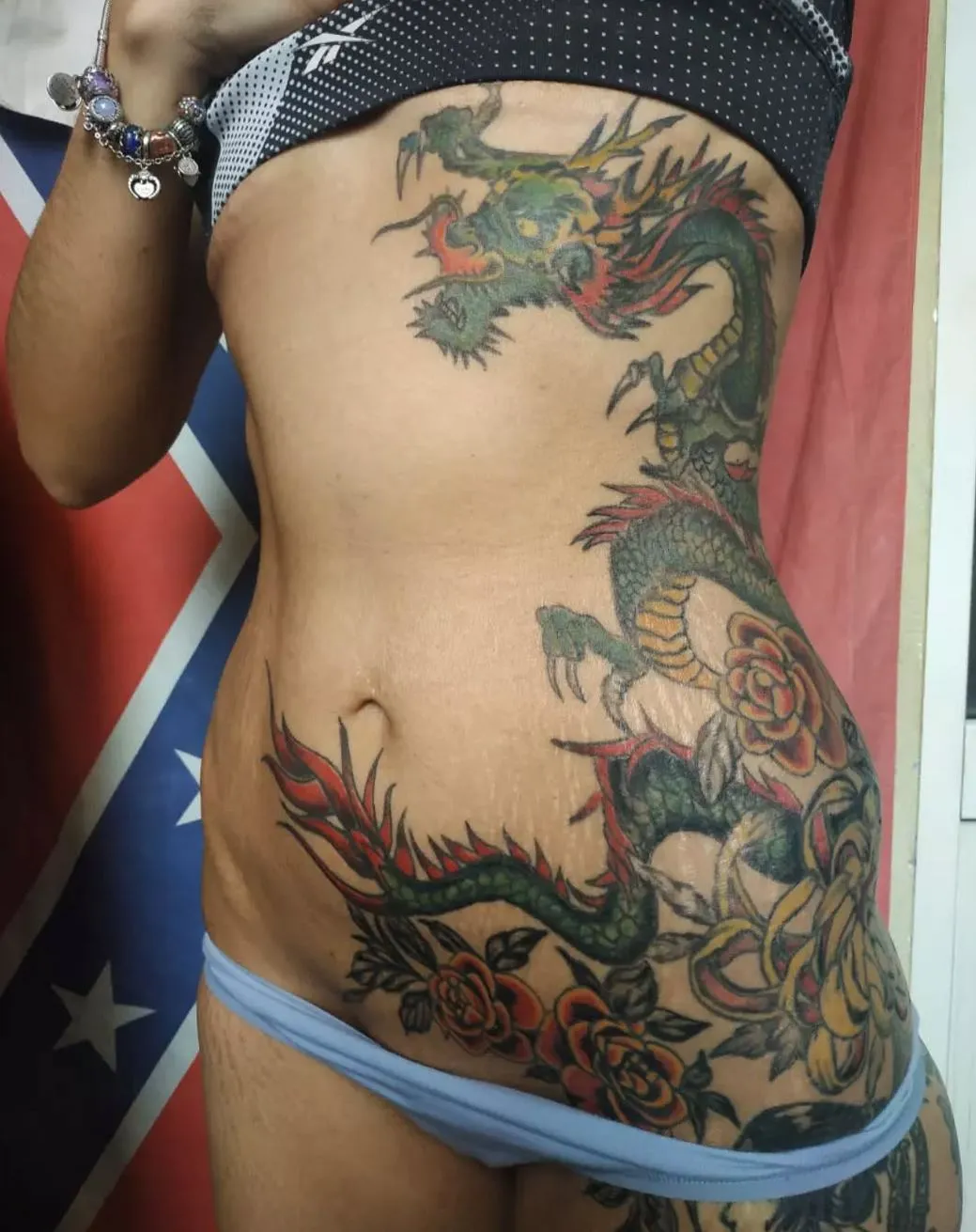
Tattoo Safety Steps Dermatologists Recommend
Dermatologists’ advice often mirrors good tattoo studio practice. Their tattoo safety checklist is:
- Only book with a professional tattoo artist in a licensed tattooing studio.
- Make sure the studio uses a heat-sterilisation machine and fresh, sealed tattoo kits.
- Watch that disposable gloves are worn throughout your session.
- Check inks are certified and not mixed with contaminated water or bodies of water.
- Follow the aftercare sheet carefully — keep skin clean, avoid swimming pools, spas or direct streams of water until healed.
When tattoo artists and dermatologists are on the same page about safety steps, clients have fewer complications and better results.
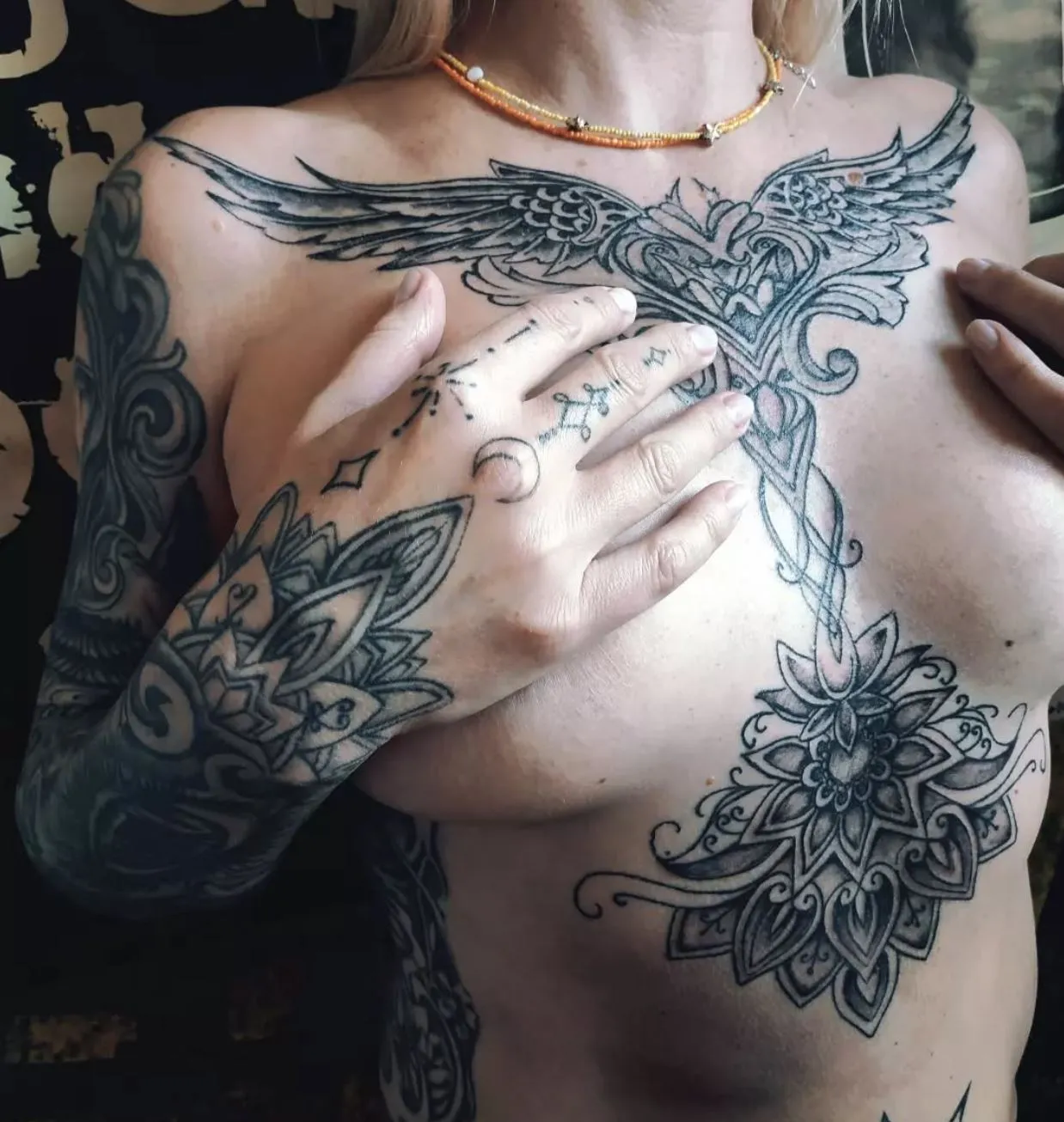
Tattoos On Different Skin Types – Dermatologists’ Opinion
A doctor will always assess your skin type before giving advice. Different tones and textures heal differently:
- Fair skin – Prone to redness, sunburn and faster fading.
- Olive/medium skin – May pull warm or cool tones depending on undertones.
- Deep skin – Higher risk of overgrowth of scar tissue (keloids), and white ink doesn’t show up as well.
Dermatologists’ expert opinion is that patch tests or small test tattoos are wise for people with a history of allergic reactions or sensitive skin.
Medical Views on Cosmetic and Permanent Makeup
Permanent makeup — brows, lips, eyeliner — gets the same dermatological scrutiny as decorative tattoos. Dermatologists approve when done safely, but stress:
- Patch tests for pigments in sensitive areas.
- Follow the tattooing rules strictly for hygiene.
- Spacing touch-ups to give skin time to fully heal.
At our Cosmetic Tattoo Studio Brisbane, Face Figurati, we see every day how the right mix of artistry, hygiene and dermatologist-backed safety steps can make tattoos a lifelong positive choice.
Skin First, Always
So, what do dermatologists say about tattoos? Their expert opinion is clear: tattoos can be safe and beautiful when proper tattoo safety rules are followed. From preventing allergic reactions to advising on laser tattoo removal, dermatologists focus on keeping skin healthy for the long term.
As tattoo artists, we couldn’t agree more. Whether it’s permanent makeup in Brisbane or a first-time sleeve, the key is simple: respect your skin, choose a safe tattoo studio and listen to professional advice.
Still unsure if a cosmetic tattoo or removal treatment is right for you? Send us a message — we’re always happy to chat about skin type, safety steps and treatment options with you.

Using only natural and eco-friendly components for cosmetics
Special unique receipes are the secret of our spa procedures.
Experienced and skilled staff will make your perfect day
Most of our beauties come from the recommendation
FAQ
Can tattoos cause skin cancer?
No. Tattoos don’t cause cancer, but they can hide moles or signs of melanoma. That’s why dermatologists recommend regular skin checks.
Are allergic reactions to tattoo ink common?
Not common, but they do happen — especially with red and yellow pigments. A healthcare professional may recommend patch testing.
How do I keep tattooed skin safe long term?
Use sunscreen daily, follow safety steps after tattooing and avoid exposing healing tattoos to bodies of water. Keep your skin clean and moisturised.
What options for tattoo removal do I have?
Laser tattoo removal is the main treatment option, though surgical excision or dermabrasion exists. A dermatologist will guide you based on your tattoo type.
What tattooing rules should a studio follow?
Any tattooing studio should use sanitary equipment, heat-sterilisation machines, disposable gloves and certified tattoo kits. Always check before booking.
